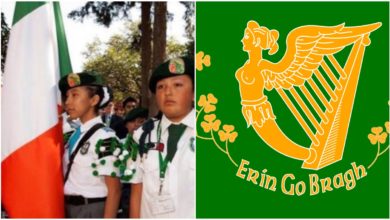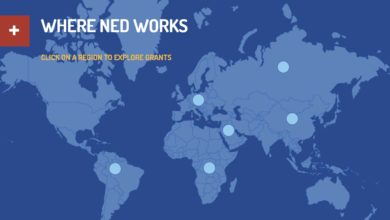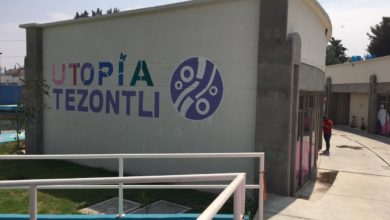On Sept. 5, 2006, the Mexican Federal Electoral Tribunal officially declared Felipe Calderón the victor in the Mexican presidential election. Calderón’s party, the right-wing National Action Party (PAN), is also the party of current Mexican president Vicente Fox.
Then, one week later, federal electoral officials have confirmed that they will soon burn all of the votes cast in the hotly
 |
That law was passed to codify what had happened illegally in 1988 when the then-ruling Institutional Revolutionary Party and PAN banded together to have presidential election ballots burned by the Mexican military. Similar to this year’s election, the 1988 presidential contest was mired in allegations of voter fraud.
Despite the Mexican state’s moves to solidify Calderón’s presidency, the national struggle catalyzed by this election is continuing to intensify.
Andrés Manuel López Obrador, the liberal presidential candidate who ran on a collective ticket of three parties, “For the Good of All,” has refused to acknowledge the tribunal’s ruling or recognize the presidency of Calderón.
López Obrador’s supporters and others have formed a six-mile-long encampment in central Mexico City.
“The decision by the electoral court didn’t surprise us,” one woman told the San Jose Mercury News. “We already knew they were going to support Felipe (Calderón, the presidential candidate of the ruling National Action Party). But we won’t accept it; this deal still has a long way to go.”
Many of the participants not only support Obrador and his coalition, but also are demanding changes benefiting the working class in Mexico.
Parallel government
López Obrador has stated that he and his supporters will continue to resist the tribunal’s announcement. Massive protests and a convention are slated for the Sept. 16 independence day celebrations. More than 500,000 people have registered as delegates to the convention.
López Obrador has announced that at the convention he will form a government parallel to that of Calderón’s.
“We are not going to let him take office,” said Gerardo Fernandez, the spokesman for López Obrador’s Democratic Revolution Party. “I don’t see the usurper government … lasting for six years.”
Fernandez said the parallel government will fight for recognition in international forums and launch street protests against free trade reforms and privatization of government enterprises.
It also will set up a still-unspecified capital, form a cabinet and set country-wide policy. Some supporters have urged López Obrador to set up a treasury and have people pay taxes to him. But Fernandez said there were no plans to do that, apparently to avoid legal problems.
It is unclear what will come of López Obrador’s parallel government, how far he will take it and how it will affect the overall class struggle in Mexico.
A period of political unrest could provide an opening for the social and workers’ movements to push forward a campaign against neoliberal economic policies and Washington’s imperial dictates.
Thus far, López Obrador has been careful to keep his protests and criticisms of the Mexican state within the bounds of legality. Working-class militants will undoubtedly be wary of his ability to channel the movement into safe, pacifist or class-collaborationist channels.
But each new demonstration and each new protest reveals the increasing class tensions in Mexico. Revolt is everyday more inevitable.




